NREL study finds that uncoordinated plug-in vehicle charging could prove challenging to the grid
Green Car Congress
JANUARY 23, 2018
An influx of plug-in electric vehicles (PEVs) charging without coordination could prove challenging to the nation’s electric grid, according to research conducted by the US Department of Energy’s National Renewable Energy Laboratory (NREL). This effect is exacerbated when higher in-home power charging is adopted.


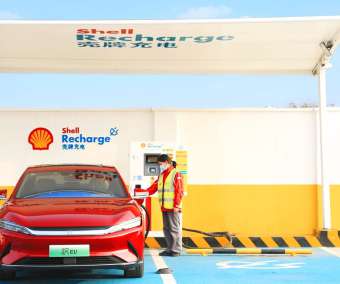




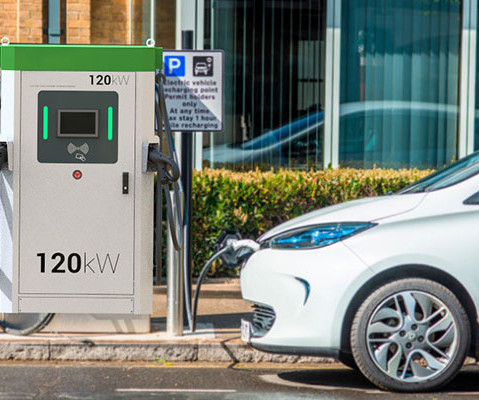



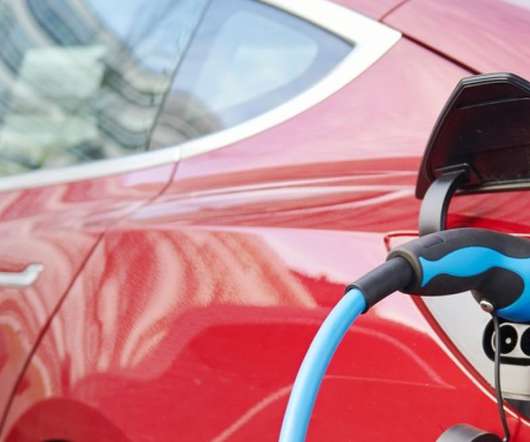

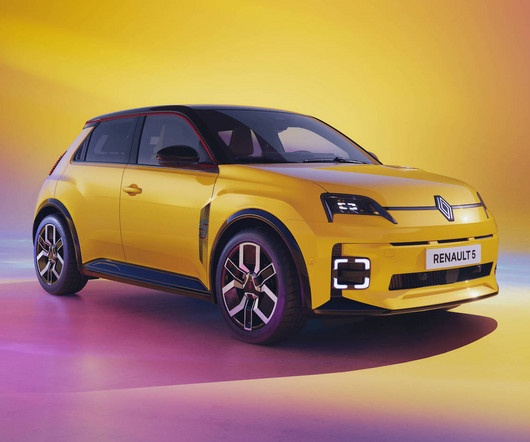
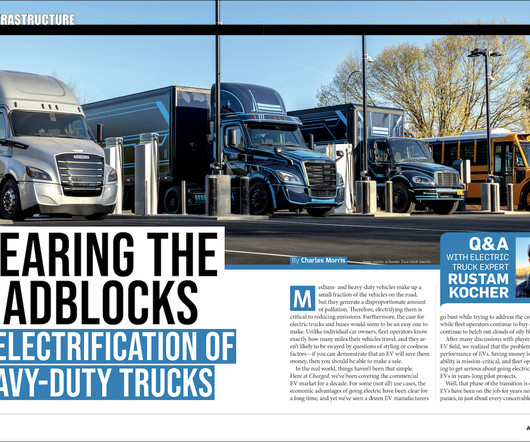
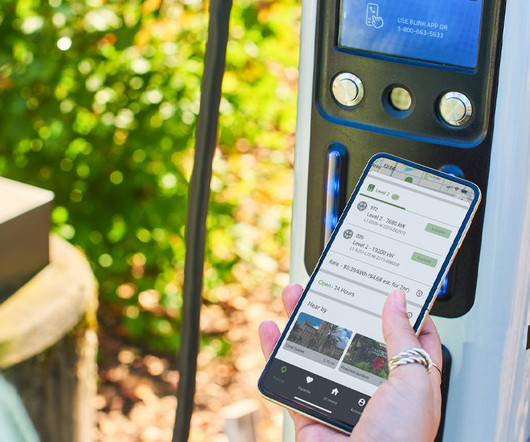
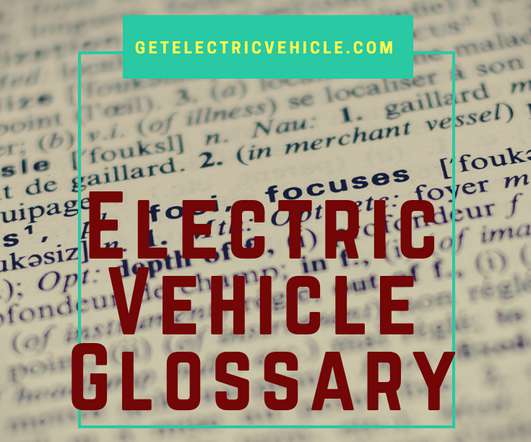


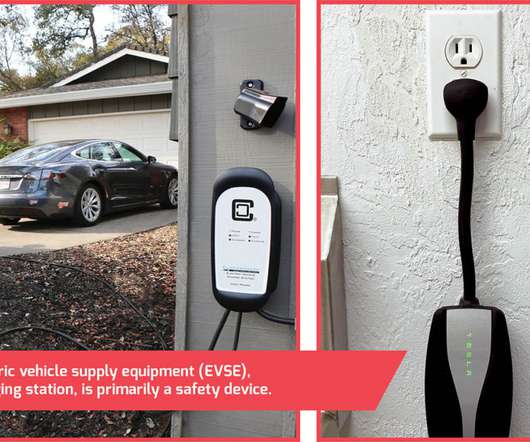


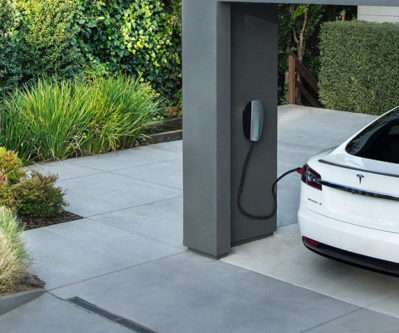


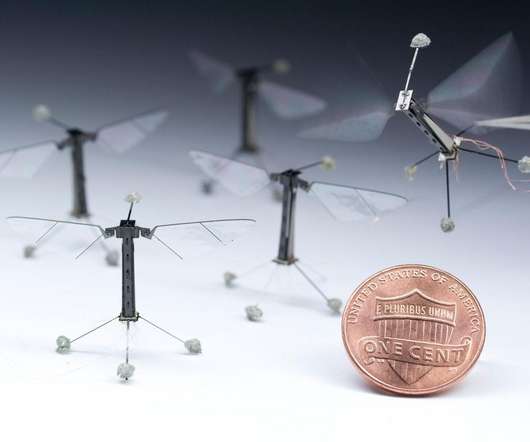

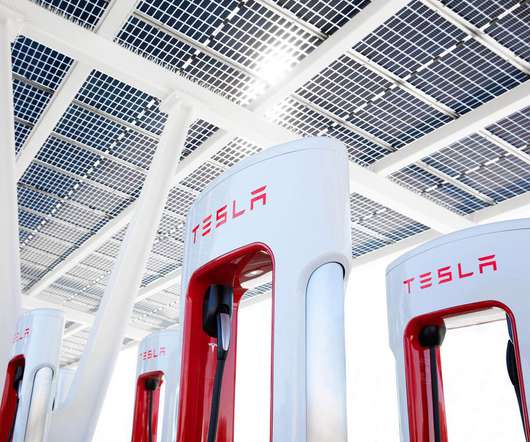











Let's personalize your content